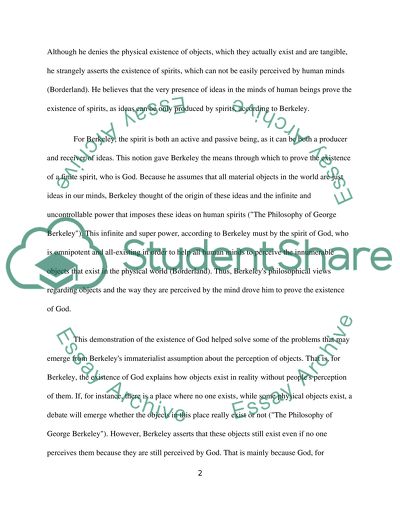Retrieved from https://studentshare.org/philosophy/1395689-philosophy-what-is-meant-by-the-claim-to-be-is-to-be-perceived-berkeley-how-did-the-views-of-descartes-leibniz-hobbes-hume-or-kant-contribute-to-the-scientific-revolution
https://studentshare.org/philosophy/1395689-philosophy-what-is-meant-by-the-claim-to-be-is-to-be-perceived-berkeley-how-did-the-views-of-descartes-leibniz-hobbes-hume-or-kant-contribute-to-the-scientific-revolution.


